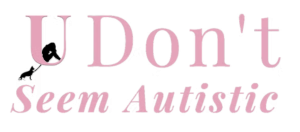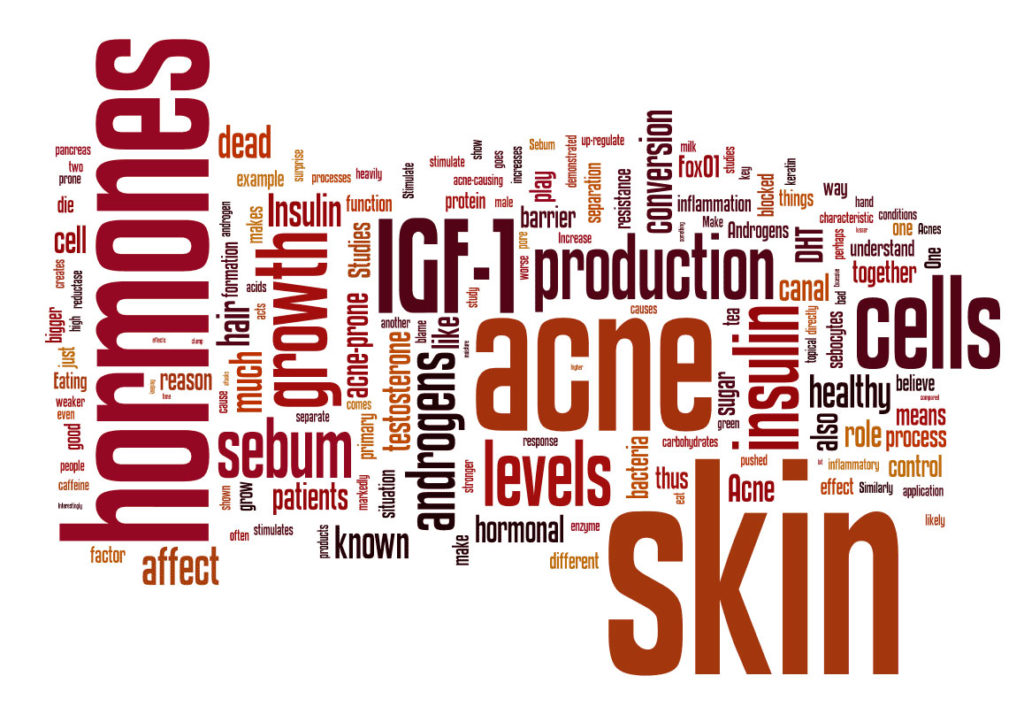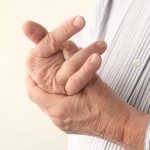While recently presenting to media at a PR event at Ecostore, I was surrounded by all of the fabulous toxin-free products in their retail store and wondered why everyone doesn’t shop here. While the interest in chemical free products is growing, there are still consumers who will choose chemically-based cleaning and personal products without knowing the health risks. Many of these products contain harmful substances that can have a major impact on our health, namely chemicals that are xenoestrogens- Greek for “foreign oestrogens”.
Xenoestrogens are substances that mimic our body’s natural production of oestrogen produced by our body’s endocrine system. Xenoestrogens are sometimes called “endocrine disruptors” as they confuse our body’s natural hormonal messages and increase our oestrogen levels beyond a balanced level in men, women, children and animals.
Xenoestrogens have been implicated in a variety of medical problems, and during the last 10 years many scientific studies have found hard evidence of adverse effects on human and animal health, including:
• reduction in sperm count and lowering of testosterone levels in males
• early puberty in children
• increased risk of breast cancer and endometriosis in women
• preterm births which increase the risk of infant death.
A US study links the frequent use of phthalates (chemicals found in plastic)with increased risk of preterm births.
Most scientists that study xenoestrogens, including The Endocrine Society, regard them as serious environmental hazards that have hormone disruptive effects on both wildlife and humans.
So before you purchase your next lot of shampoo, lotion or cleaning products, check for the following xenoestrogenic chemicals:
• Phthalates
• 4-Methylbenzylidene camphor (4-MBC) (sunscreen lotions)
• Parabens (methylparaben, ethylparaben, propylparaben and butylparaben)
• Chlorine and chlorine by-products
• Nonylphenol (detergents; pesticides)
• Erythrosine / FD&C Red No. 3
• Bisphenol A (monomer for polycarbonate plastic and epoxy resin; antioxidant in plasticizers)
How can we protect our families?
• Store food in glass containers instead of plastic (even if it says “BPA free”)
• Only use natural cleaning and personal care products (including shampoo and conditioner, sanitary supplies, toilet paper, cosmetics, and deodorant). I recommend EcoStore products from your local supermarket , from their retail shop in Freeman’s Bay or online: www.ecostoredirect.co.nz.
• Purchase organic foods and avoid processed foods
• Avoid artificial food additives of all kind, including artificial sweeteners and MSG.
• Avoid all varieties of unfermented soy.




